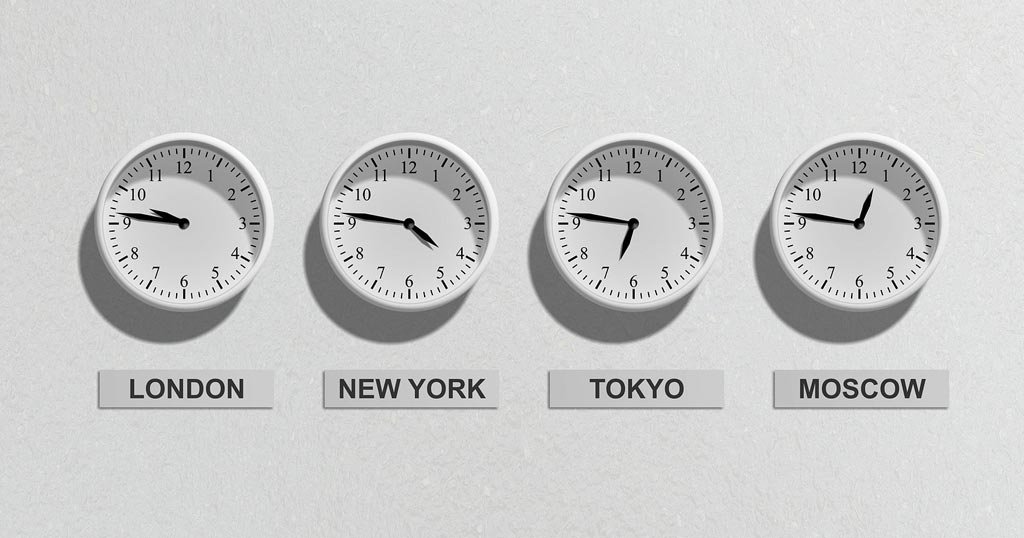What is jet lag?
Jet lag is a consequence of travelling over numerous time zones very quickly. Your body takes a few days to catch up from its natural time to the time in your destination.
Jet lag recovery time
How long it takes to recover from jet lag depends on the number of time zones crossed.
Distance travelled
Flying across just one or two time zones will not make a huge difference to your body. Yes, you may be tired or wakeful at odd times, but this will be down to fatigue, travel discomfort and possibly stress-related issues.
If you travel across three or more time zones you’re more likely to experience true jet lag. The further you travel, the stronger and more debilitating those jet lag symptoms will be.
Direction of travel
North to south / south to north
Flying from north to south (or vice versa) will produce no noticeable jet lag effects as the time of day will remain roughly the same as your departure point, regardless of the length of the flight. Any symptoms should disappear after a good night’s sleep.
Your body finds it easier to adjust to ‘forcibly’ lengthening the day as opposed to shortening it. It is easier to stay up a bit later at night than it is to go to bed earlier than your body expects.
West to east
Travelling from west to east is said to be the most difficult jet lag to deal with. This is because you ‘lose’ time. You’d be going to bed ‘too early’ according to you internal body clock.
East to west
If you travel from east to west, you ‘gain’ time, which makes it easier to adjust. You may wake up a bit earlier than you’d like, but all in all, you should find the effects aren’t too incapacitating.
Duration of jet lag symptoms
Your body generally takes one day to recover per one or two time zones. So if your flight crossed eight time zones, you should readjust in about a four to eight days. Or thereabouts…
- If you travel west to east it should take in days, approximately two-thirds the number of time zones crossed.
- If you travel east to west it should take in days, approximately half the number of time zones crossed.
Got that?!
Disclaimer…
Everyone experiences jet lag differently; some are seemingly unaffected while others are very susceptible and have severe symptoms that last for ages. There’s a running joke in our family that my husband can get jet lag from a relatively short train journey!
Help to manage jet lag
Coping with jet lag is covered elsewhere on this site, along with how to deal with jet lag in babies and toddlers, and with jet lag in older children and teens.
But while researching this article and trying to get my head around the east/west details I discovered that there are a good number of online tools and apps to help you deal with jet lag. Try the British Airways Jet Lag Calculator, which gives you tips on when to “seek light” and when to avoid it, along with working out when to eat.
How does jetlag affect you? Do you have any tips to add to this article on how to cope with it? Please comment below with your jetlag hacks!



We’ve also just developed a jet lag calculator to bring to wider attention a technique that avoids having to adjust your sleep and lighting schedule days in advance of your trip. I don’t think I could convince a child to resist eating for ~12 – 16 hours, but for adults this is a safe, easy, effective (and free!) way to avoid jet lag. More information at our website:
Thank you for sharing